Among the strikers and revolutionaries who took the streets of Paris in 1968 were a few who felt especially fond of the earth. They were called néoruraux, and they ended up starting something like 500 little farming communes across France in the years that followed. One group of kids from the Sorbonne settled into the dusty embrace of a beautiful old farmhouse in the mountains in Ardèche. They hired a farmer to run the place, a stern man who knew what he was doing, and all of them worked the terraced hills together. Over the years the revolutionary fires burned themselves out. The kids went off to the kinds of careers you imagine people who attended the Sorbonne might. Other people came and went, and the commune carried on. Time passed. But the founders still visited in the summers, many of them. The French are very good about vacations.
It was the summer of 1990 and a lot of those first kids, the founders, were coming back. One of them was suffering from AIDS and, near the end, had decided that the farm in the beautiful hills was where he wanted to die. As it happened, an American kid named H. Jon Benjamin was staying there, too, on the advice of a friend of his aunt. There’s supposed to be something particularly honest about farming. It’s essential, in the sense of fundamental. At the literal root of the whole human project. And Benjamin is a pretty honest guy, depending on how exactly you define it. Though, while Benjamin did spend six weeks picking beans for an old French man in the mountains in Ardèche who’d wake him up before dawn to get ripped on Syrah in the village together before heading to work in the fields, those two things are likely unrelated.
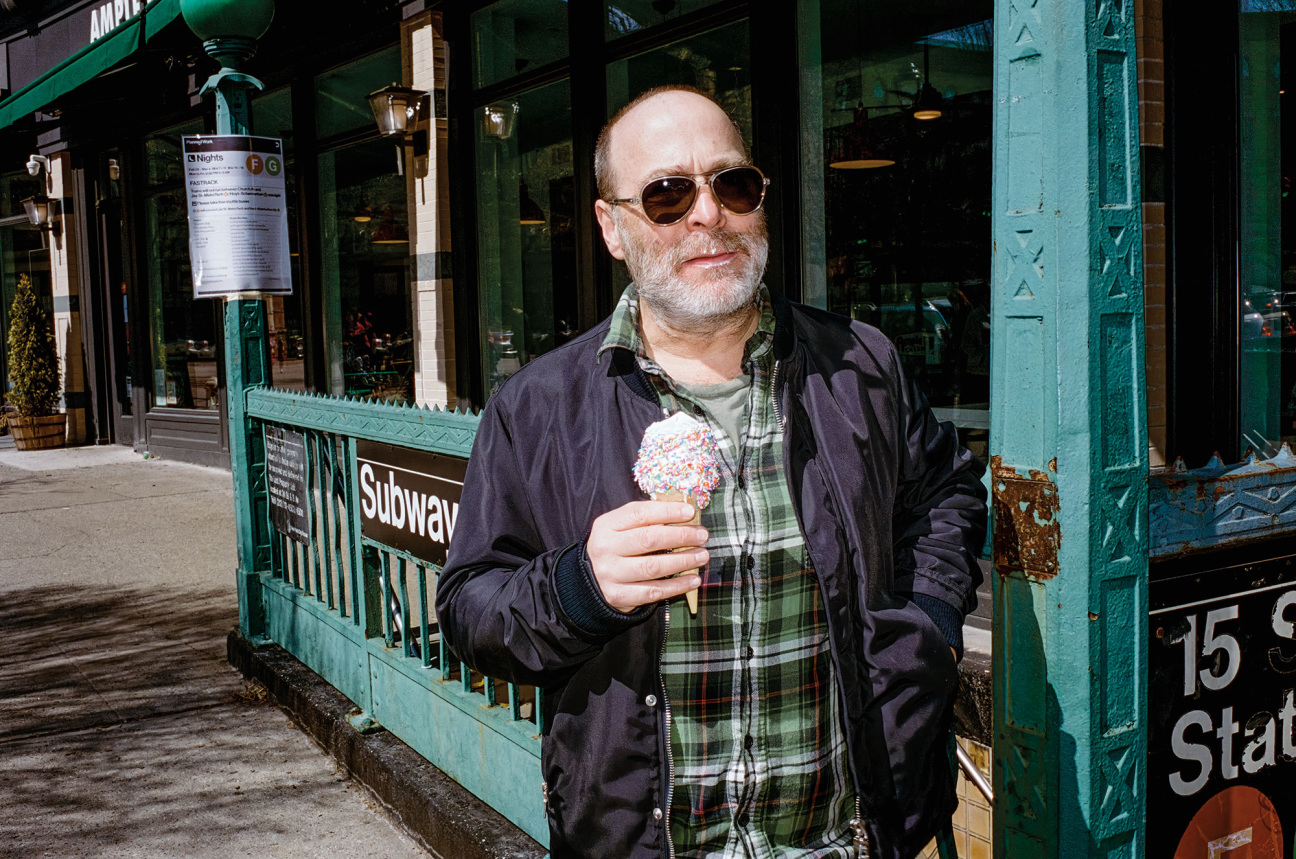
The definition of honesty here is important, because the acting, comedy, and doing voice-overs for what’s come to be called “adult animation” (a genre that’s really entered a heyday over the last 10 years or so), lend themselves to different kinds of truths. “As a kid, I was interested in comedy concepts, for sure,” Benjamin says. “Sort of subverting reality. Creating things like that. Little fake tokens of comedy.” He’s talking about bits like one he did when he was in elementary school, an interview he recorded on a cassette player with an astronaut who’d been to space on Voyager 1. He took it to school and played it for his classmates, who went wild over it before discovering, after his teacher pointed this out, that Voyager 1 was unmanned.
So the subversion of reality has always been a thing for Benjamin. In the ’90s he often performed in a recurring comedy night, “Eating It,” on Mondays at the Luna Lounge on Ludlow Street in the Lower East Side. He’d sometimes put on elaborate set pieces, like throwing a fake bar mitzvah for his nephew. One of those Mondays, Benjamin and another comedian, Mike Lee, hired two male escorts to have oral sex on the stage. As a question of honesty, you can look at this from two perspectives: that it’s the product of a financial transaction, a commissioned performance, and so in some sense inauthentic; or that it was a real, unsimulated blowjob, simple as that.
There was something of this in Jon Benjamin Has a Van, too, which ran for a season on Comedy Central in 2011—scripted scenes that read like accidents, like things that you, the viewer, just kind of happened across. The show “was great, I loved doing it, but it was flawed. We weren’t quite able to pull the whole thing together,” Benjamin says. The second season was written, though it never made it to production. Among the old friends and regular collaborators who joined Benjamin on the show were people like Leo Allen, who co-created and co-wrote it, Jon Glaser, David Cross and Nathan Fielder, the latter of whom Benjamin had worked with on some episodes of Demetri Martin’s show Important Things. Fielder’s Nathan For You works in much the same vein, stripped down a bit and leaning even further into the ambiguities of comedic performance. “I think it was a natural transition for him,” Benjamin says, “and then he ended up doing a better job at consolidating that… He made it simpler. We were a little bit all over the place, which is kind of like me.”
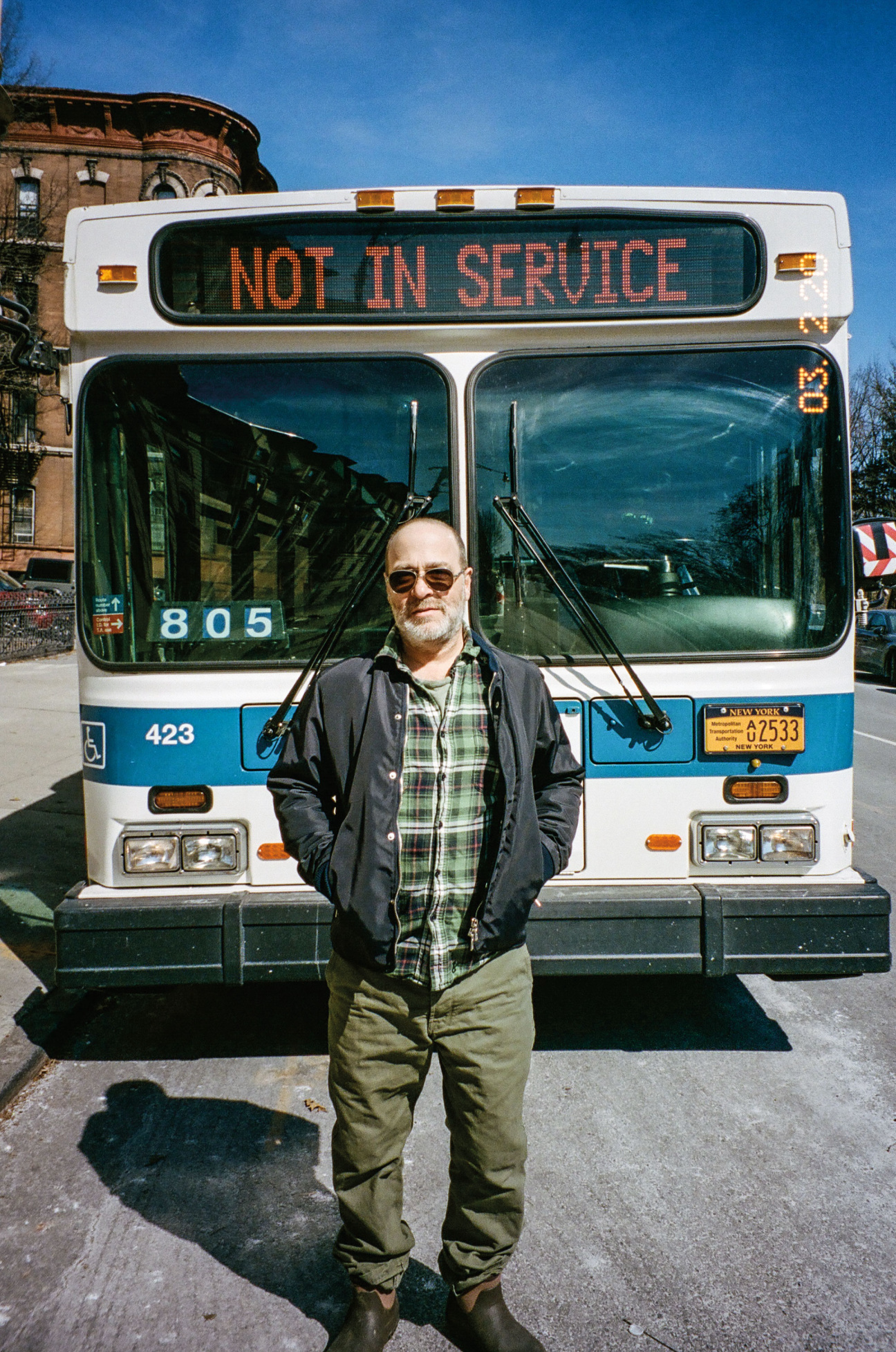
In the spring of 2021, while the COVID-19 pandemic was grinding through the beginnings of its second year, Benjamin posted a video on Twitter in which he describes spotting a green heron on a pond and then, after watching the heron, looking up to see three bald eagles in flight. When he gets to the part about seeing the eagles he starts to break down, his voice cracking, until suddenly he’s sobbing. He’s been doing regular “Bird Reports” ever since, noting his sightings from a house in upstate New York, or around Prospect Park in Brooklyn. A comedian crying is always a kind of test for the audience, because you can never be entirely sure you’re reacting appropriately—is it a bit, and if so, are you in on it, or are you being played? If it’s not, are you a cynical monster, or the empath you’ve always assumed yourself to be?
Here’s Benjamin on the eagle video: “Well, that was fake.” Grade yourself accordingly.
But it’s not so much that it was fake as that it was acting. Pretty good acting, too. And there’s nothing all that unusual about the manipulation of reality, or, for Benjamin, the manipulation of an audience. As he says, “It was a reproduction of something that happened to me. But not the genuine article. I never thought I would be breaking down the Bird Reports like this.”
One place where any ambiguity around artifice really falls apart, though, is in cartoons. There’s no danger of mistaking one as real. So it’s a little strange that Benjamin’s two longest-lasting parts are both animated—Archer in Archer and Bob in Bob’s Burgers, with 24 seasons and one forthcoming movie, The Bob’s Burgers Movie (May 27), between them. But Benjamin has been doing voice-over work for a long time, going back twenty years to Dr. Katz, Professional Therapist, when he played the eponymous therapist’s son. Loren Bouchard, who created Bob’s Burgers, was a producer on Dr. Katz, chopping up the long, meandering improv sessions with Benjamin and the rest of the cast into coherent episodes. “Loren and I spent a lot of time together, and that was really fun, when we were starting—to get a call at 10:30 at night and grab a six pack and go to the recording studio and listen to what he was doing, and running into the booth, fixing stuff.”
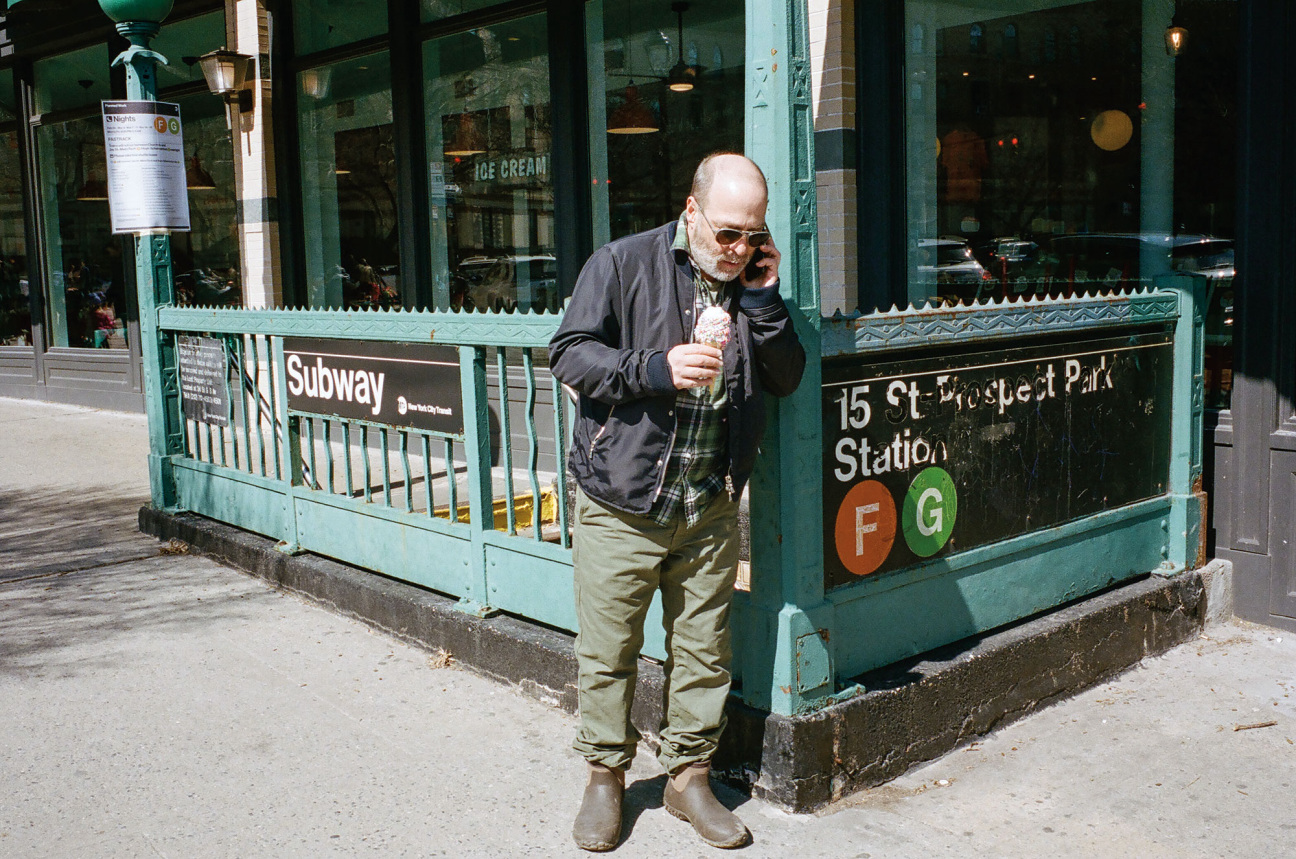
And it’s that relationship with Bouchard, more than any other, that’s shaped his voiceover work. “I didn’t train for that or anything. I wasn’t the guy who could do impressions or put on other voices or do an Australian accent. That stuff is pretty foreign to me. Australia is pretty foreign to me. Sorry about that.” And while the world of fake international espionage in Archer is foreign to most of us, too, the world of Bob’s Burgers is decidedly not. Part Married… With Children, part King of the Hill, Bob’s Burgers is uninterested in the absurdity and hyperbole possible in cartoons, and very interested in the realities of making the rent while raising children—things you rarely see on television. “I think the show itself kind of dictates the tenor and the mood, and that’s at once self-fulfilling and self-regulating,” Benjamin says. “It’s a parallel universe, really.”
The first few episodes of Bob’s, as busy people seem to call it, were a little bit mean, more in keeping with one of Fox’s other animated comedies, Family Guy. But the show quickly adjusted course toward something more rounded off around the edges, though no less clever or engaging. There’s none of BoJack Horseman’s drugs, booze, sex, or mortality. There is a mortuary next door to Bob’s Burgers, which figures heavily in the pilot, but otherwise nobody in the universe of the show ever gets any older, and they tend not to die, either.
Still, there is a pessimism central to Benjamin’s own sense of humor. Not fatalistic, but an embrace of the other possibilities that failure can engender. For a long time, Benjamin steadfastly believed that Bob was not much of a cook. He says he used to tell Bouchard that “nobody goes [to Bob’s restaurant]—it’s always empty. So maybe it’s bad.” But as the show has evolved, so has its explicit depiction of Bob’s talent for cooking. In one episode some local chefs come in the shop and sincerely love the food. “I might have been wrong. I’ve admitted it. Now I guess I’m embracing the fact that Bob’s pretty good at what he does.”
Benjamin is not quite as comfortable in the kitchen. “In the first two minutes of trying to prepare something I’m covered in sweat,and acting erratically, and bumping into shit, and being agitated. And it’s like a mortal fear about what I’m about to do. Like going to battle.” He thinks he might have inherited it. “My mother was never very comfortable in the kitchen. She cooked a lot of meals at home, but it was a struggle. She will not like me saying that but I think she’s aware of it.”
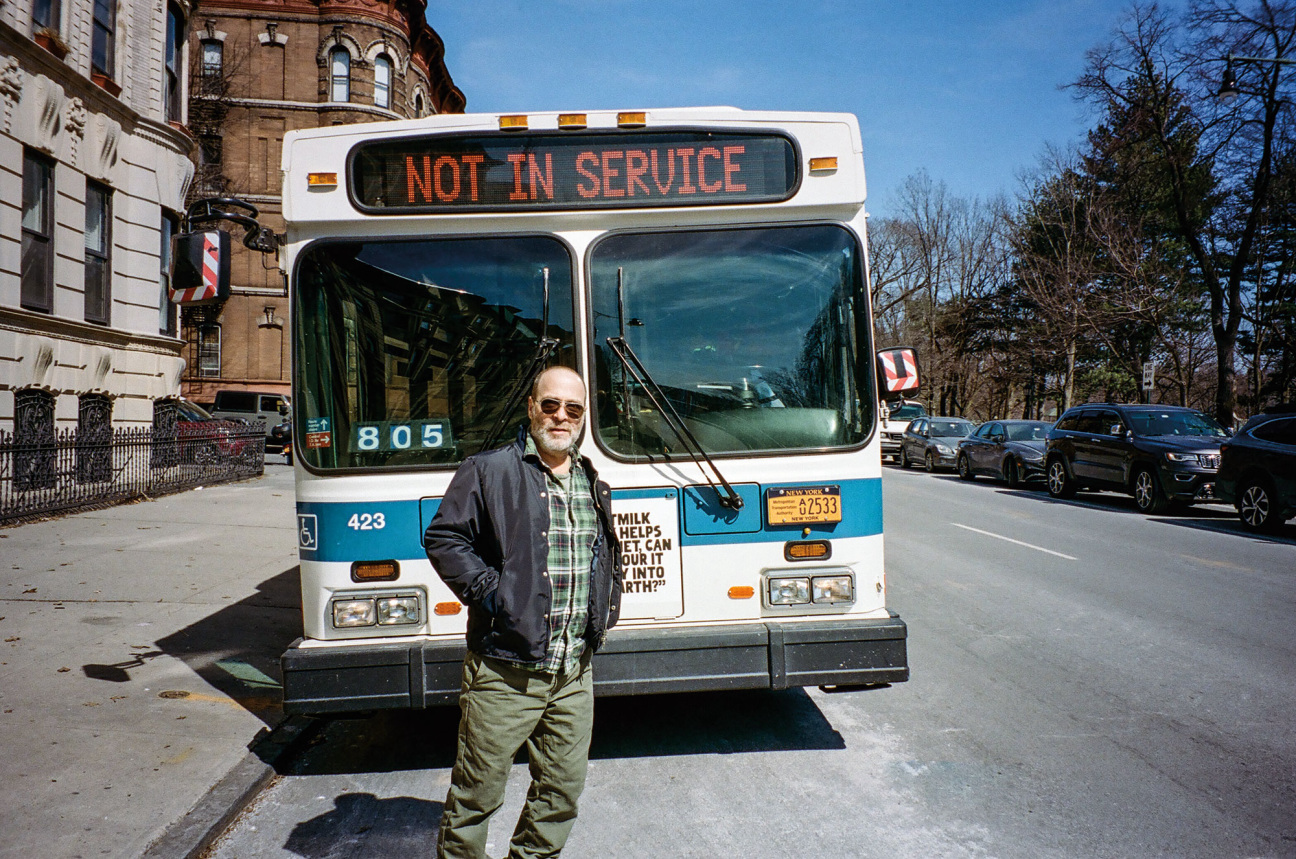
While the kids in Bob’s Burgers haven’t aged in the eleven years the show’s been on the air, Benjamin’s own son is now in his first year of college. Ambiguity, again, does the interesting work of confusing your understanding of your place in a relationship: “That was a big change in my life, kind of not having dictatorial control over another human being and giving that up. I mean, that’s somewhat of a joke, but as a parent you kind of start losing a very clear relationship with your kid once they start gaining independence. It becomes a little more opaque.”
He knows he caught a lucky break in having two jobs that he could do remotely when the pandemic hit. Archer was mostly a matter of reading the script into a mic anyway, though there were adjustments with Bob’s, which was a more collaborative, improvisational affair. They’ve had to give a lot of that up these last two years. But the “general discontent in the world” he felt at the outset of the pandemic, a product of personal developments, like his newly empty nest, and the roiling crises of the Trump administration, has started to ease up. “It’s getting better now,” he says, though maybe he’s joking. “My mood’s improving slightly.”
In the meantime, he’s joined a CSA. Going back to the land—a little bit. “I’m getting boxes of potatoes and root vegetables and some bitter green stuff and sausages.” He’s cooking a lot of stews, makes a nice carnitas, and has gotten pretty good at Bolognese. He is, he says, getting better.

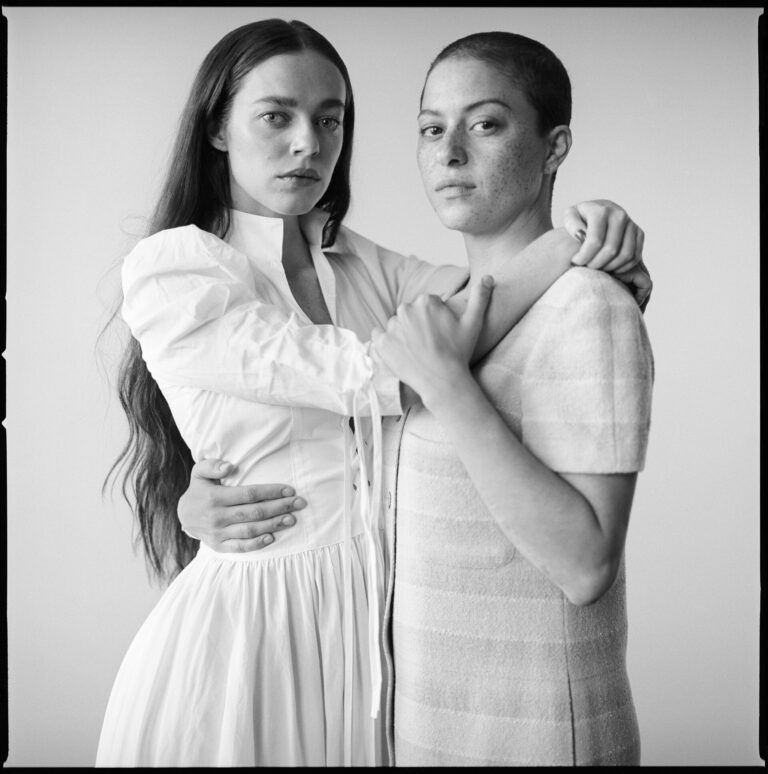
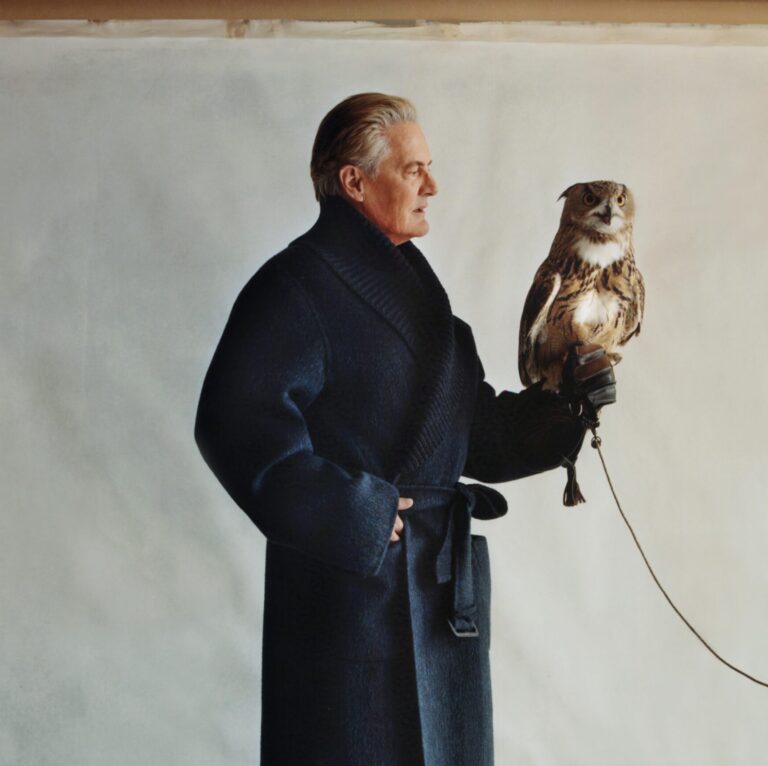
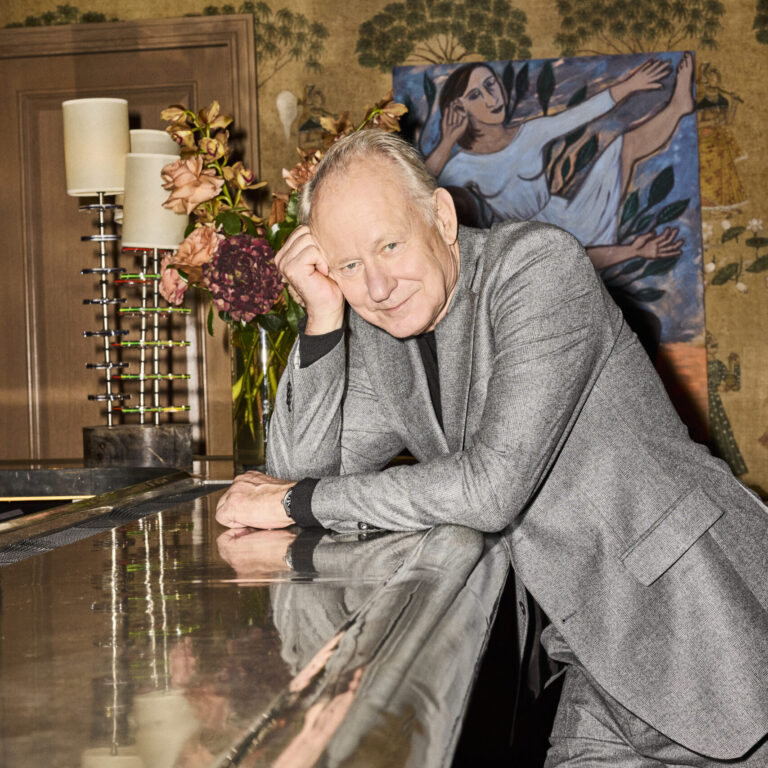
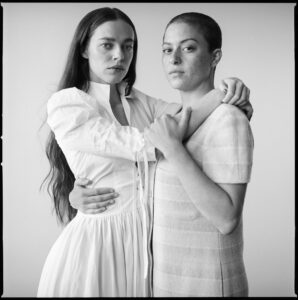
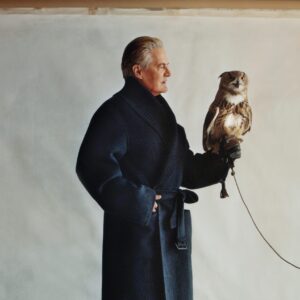




 in your life?
in your life?

